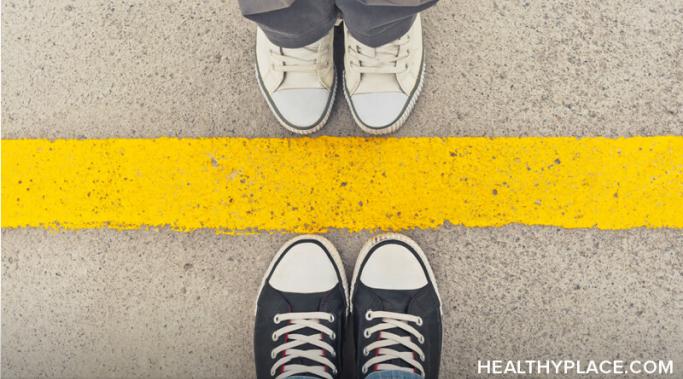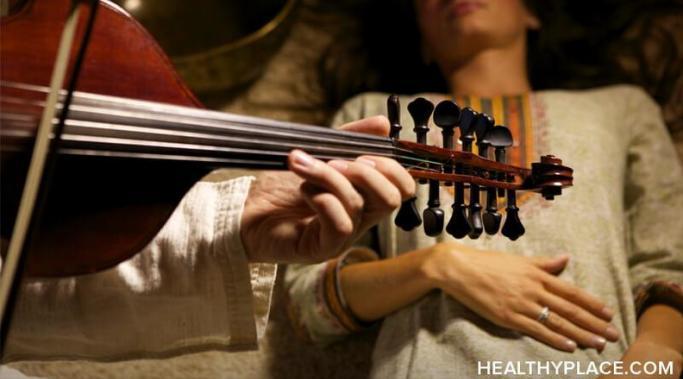I love where I live. But unfortunately, I recently discovered that, against all my wishes, I may have to move at the end of the month. I'm no longer secure in my home.
Anxiety Causes
Boundary issues can cause us a tremendous amount of anxiety. Boundaries refer to your sense of self, to what makes you "you." They relate to how "you" interact in the world. What's important to you? How do you navigate your relationships? Every relationship involves give and take; your sense of boundaries define when, where, and with whom you'll give and where when, and from whom you'll take. Defining and maintaining boundaries can be extraordinarily difficult, often causing high anxiety. Read on for information about two ways that boundary issues can cause anxiety.
Social anxiety is very much like a germ. It strikes when it wants to, even after we've endured a social situation or event. As a germ, social anxiety can make us feel unwell. If you've experienced social anxiety, you might be accustomed to it striking as you anticipate an interaction and flaring during the situation. This is a typical pattern that social anxiety follows; however, it's not the only pattern. Sometimes, we don't become anxious until after the socializing is over. It's frustrating when you've successfully navigated an experience with other people and then bam! Social anxiety strikes after the fact. The germ has entered the body.
I’ve always thrived in the cold weather. No heat, no humidity, watching the snow fall from my front window – these are things I look forward to every year. That being said, I understand millions feel the exact opposite, and in fact, many feel a heightened sense of anxiety during this time.
In my last post, I touched on music for anxiety relief. I want to do the same today, albeit from a different direction. My previous post focused exclusively on the impact of one specific song. This time, I want to talk about the impact of music for anxiety relief in a more general sense.
Feeling anxious and busy--too busy--seems to be an epidemic. Feeling strapped for time negatively impacts a lot of lives. Sometimes this is a signal that big changes are needed; however, sometimes changing what is overwhelming is either impossible (at least immediately) or is undesirable ("busy" doesn't always mean "bad") There are ways to deal with anxiety and busyness without giving your life a major overhaul.
A few weeks ago, I outlined why I think American society causes anxiety. I want to revisit this topic again, but this time focus on one particular social plague: what Medium’s Gabriella Rackoff calls: "the cult of the entrepreneur."
Can we avoid holiday anxiety? After all, it’s ingrained in our culture that the holidays are a stressful time. It’s such a cliché that it seems as though every major holiday film and TV special, from "A Charlie Brown Christmas" to "Die Hard", is predicated on some kind of anxiety.
If you pause to listen to your anxiety, you might find that it has something helpful to say. Something called cognitive dissonance, a conflict within us, is a part of much of our anxiety no matter what type of anxiety we're dealing with. Together, these two forces can shout painfully at us, but behind the shouts is often a whisper of wisdom that, if we listen, we can use to quiet both cognitive dissonance and anxiety.
Holidays can be hard when you are living with anxiety and loneliness. Holidays can be stressful for anyone, but when you experience any type of anxiety, they're more difficult. Then, when you layer a sense of loneliness and isolation on top of anxiety, holidays can be quite upsetting. Anxiety can make you feel lonelier on a special day, and loneliness can exacerbate anxiety. Understanding what's going on with these misery-causing experiences can help you change your holidays for the better.









